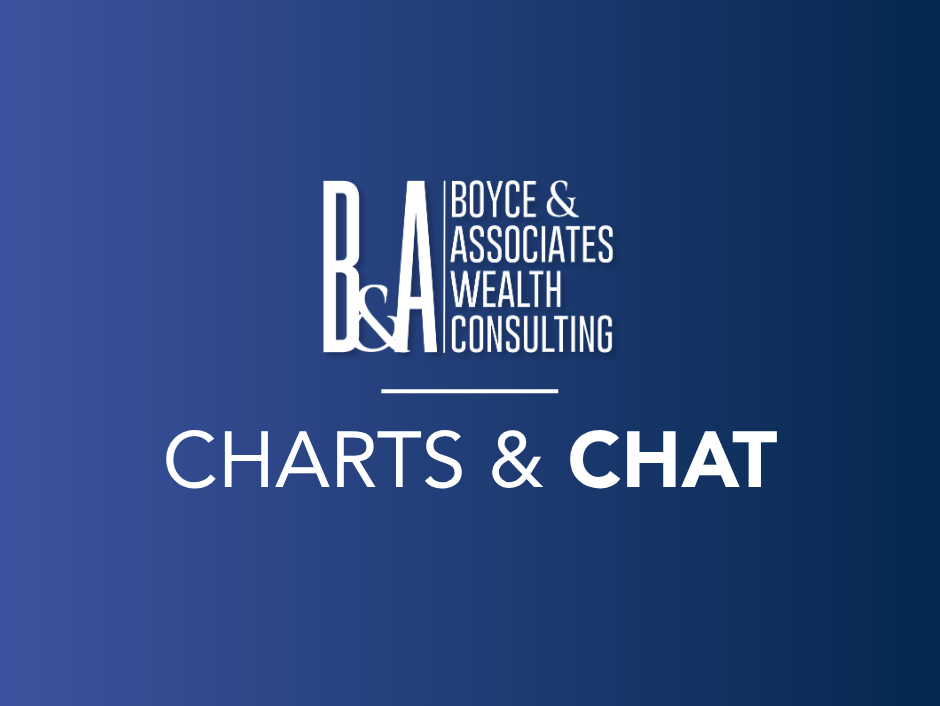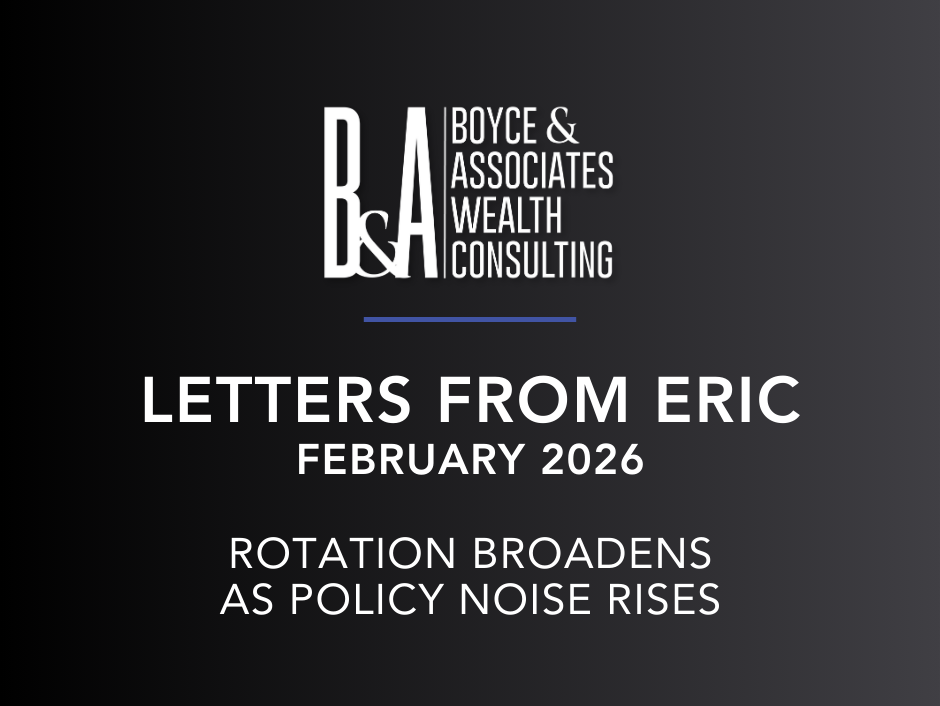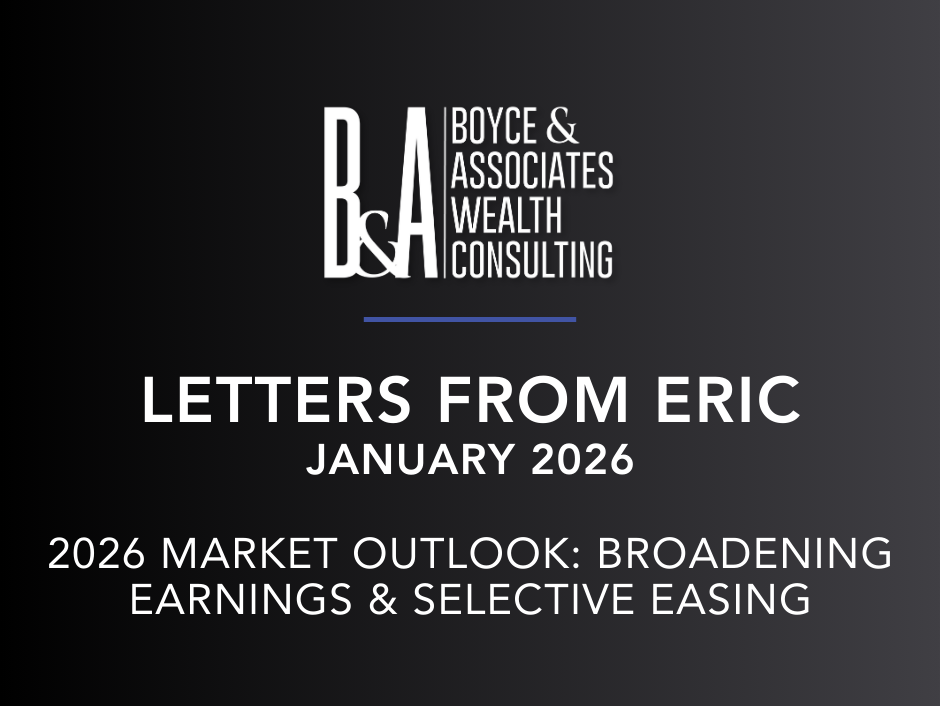Top Strategies in Private Wealth Management for Long-Term Growth
Key Takeaways:
- Personalized Planning Drives Growth: Private wealth management creates tailored financial strategies that align with your unique goals and circumstances.
- Maximized Investments: A private wealth advisor helps you make smarter investment decisions, access exclusive opportunities, and optimize your portfolio for steady, long-term growth.
- Tax Efficiency Matters: Tax-efficient strategies like Roth conversions, tax-loss harvesting, and charitable giving help you retain more wealth over time.
- Diverse Asset Allocation: Spreading your investments across various asset types reduces risk and ensures a more balanced portfolio.
- Ongoing Adjustments Ensure Success: Regularly reviewing and refining your financial plans ensures they remain aligned with your goals and market conditions.
When it comes to building and preserving wealth, navigating the complex world of investments, taxes, and financial planning can feel overwhelming. That’s where private wealth management comes into play. By working with a private
wealth advisor, individuals can tailor strategies that not only protect their assets but also position them for long-term financial growth. Whether you're growing your portfolio, planning for retirement, or safeguarding your legacy, private wealth management offers a personalized and strategic approach to achieving your financial goals.
There are core benefits of private wealth management and key strategies that can maximize your financial potential for the long haul.
How Private Wealth Management Enhances Financial Growth
Private wealth management isn’t just about managing assets; it’s about creating a comprehensive financial roadmap. A private
wealth advisor brings together expertise in investment strategy, tax planning,
financial planning, estate planning, and risk management to offer a holistic approach tailored to your unique needs.
One of the significant ways private wealth management enhances financial growth is by ensuring your investments align with your life goals. For example, if early retirement or funding generational wealth is a priority, a private wealth advisor can create customized plans that prioritize these outcomes while balancing market risks. Unlike one-size-fits-all solutions, private wealth management accounts for the nuances of your financial situation—whether that’s navigating high tax brackets, diversifying income streams, or preparing for significant life events like college funding or business succession.
Additionally, private wealth management offers strategic tax planning to help mitigate liabilities. By optimizing asset placement, leveraging tax-efficient investment vehicles, and incorporating charitable giving strategies, a private wealth advisor can help you retain more of your hard-earned wealth. This proactive planning often leads to compounding returns that drive long-term growth, allowing your portfolio to flourish while reducing unnecessary tax burdens.
In times where the financial market is growing and changing quickly, private wealth management provides clarity, direction, and the expertise needed to stay ahead. With the guidance of a private wealth advisor, you can achieve financial security and expand your wealth in a sustainable way.
Maximizing Investments Through Private Wealth Management
Successful wealth building hinges on the ability to make smart, informed investment decisions. This is where private wealth management shines. A private wealth advisor takes the guesswork out of investing by developing tailored strategies that align with your risk tolerance, goals, and market conditions.
A key advantage of private wealth management is access to exclusive investment opportunities often unavailable to the average investor. These can include private equity, hedge funds, or real estate ventures that offer significant growth potential. With a deep understanding of market trends and economic shifts, a private wealth advisor helps ensure that your investments are diversified and poised to capitalize on emerging opportunities.
Beyond investment selection, private wealth management is instrumental in portfolio optimization. Your private wealth advisor can help you maintain a balanced portfolio by regularly rebalancing assets to align with your financial goals and risk tolerance. This discipline minimizes the emotional decision-making that often leads to underperformance, particularly during volatile market periods.
Another pillar of investment maximization in private wealth management is the integration of sustainable investing. Increasingly, individuals are looking for ways to align their values with their financial goals. A private wealth advisor can guide you in identifying and investing in companies or funds with strong Environmental, Social, and Governance (ESG) metrics, delivering both financial returns and positive societal impact.
Private wealth management also focuses on long-term investment strategies rather than short-term gains. This disciplined approach fosters financial resilience, ensuring that you can weather market fluctuations and achieve steady growth over time. With the guidance of a private wealth advisor, maximizing investments becomes a structured and strategic process, setting you on the path to lasting financial success.
Key Strategies for Sustainable Wealth Growth
While every financial journey is unique, certain strategies within private wealth management consistently deliver results. Below are a few top practices employed by private wealth advisors to foster long-term growth:
- Personalized Financial Planning: Your private wealth advisor will evaluate your current financial standing and future aspirations to create a tailored plan that encompasses saving, investing, and spending strategies.
- Tax-Efficient Investing: Minimizing taxes is crucial for maximizing growth. Private wealth advisors often use tools like Roth conversions, tax-loss harvesting, and municipal bonds to enhance post-tax returns.
- Diversified Asset Allocation: A well-balanced portfolio is essential for reducing risk and optimizing returns. Through careful selection of stocks, bonds, real estate, and alternative investments, your private wealth advisor ensures your assets are distributed effectively.
- Estate and Legacy Planning: Planning for future generations is an integral part of private wealth management. From establishing trusts to leveraging life insurance policies, private wealth advisors help secure your legacy.
- Continuous Monitoring and Adjustment: Financial plans and investment portfolios require regular evaluation. Private wealth advisors proactively adjust strategies based on market trends, economic shifts, and your evolving goals.
Why Partnering with a Private Wealth Advisor is Essential
Financial success rarely happens by chance—it’s the result of strategic planning and expert guidance. A private wealth advisor offers the personalized attention and insights needed to achieve sustainable growth, preserve wealth, and minimize risks.
By integrating a comprehensive approach that accounts for both current needs and future aspirations, private wealth management enables you to focus on what matters most—whether that’s spending time with loved ones, pursuing passion projects, or enjoying the lifestyle you’ve worked so hard to achieve.
If you’re ready to take control of your financial future, consider partnering with a private wealth advisor. With their expertise, you can navigate the complexities of wealth management and unlock the full potential of your financial resources.
Private wealth management is an invaluable resource for individuals seeking to grow and protect their assets over the long term. By working with a private wealth advisor, you gain access to tailored strategies, exclusive opportunities, and ongoing support to help you achieve your financial goals.
At Boyce & Associates Wealth Consulting, we specialize in helping clients build sustainable financial futures. Contact us today to learn how our private wealth management services can guide you toward long-term growth and financial success.
Frequently Asked Questions (FAQs)
1. What is private wealth management, and how does it benefit me?
Private wealth management is a comprehensive financial service designed for individuals with significant assets. It includes personalized strategies for investing, tax planning, estate planning, and risk management. By working with a private wealth advisor, you receive tailored advice and strategies to grow, protect, and manage your wealth over the long term.
2. How does a private wealth advisor help maximize investments?
A private wealth advisor creates a customized investment plan based on your financial goals and risk tolerance. They provide access to exclusive opportunities like private equity or real estate, optimize portfolio diversification, and ensure disciplined, long-term investment strategies. They also rebalance portfolios regularly to align with market conditions and your evolving needs.
3. Is private wealth management only for the ultra-wealthy?
No, private wealth management is suitable for anyone with significant assets or complex financial needs. If you want a tailored approach to managing your wealth, reducing tax liabilities, and planning for the future, a private wealth advisor can provide invaluable support regardless of your specific net worth.










